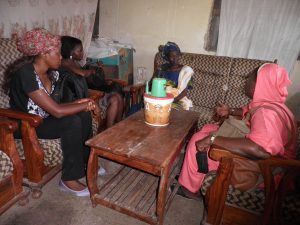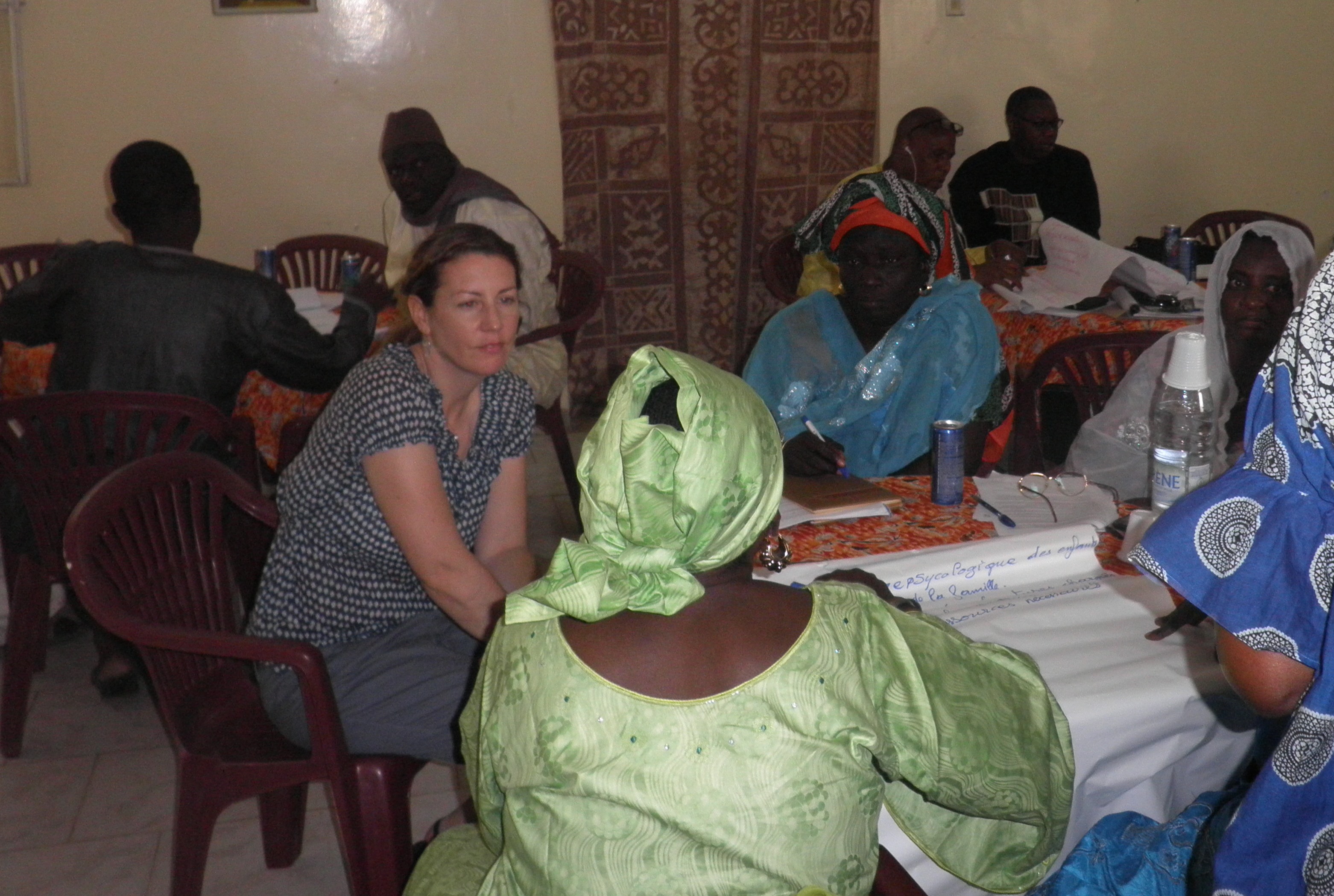Doing research on ‘sensitive topics’, such as death and bereavement, can raise particular challenges for qualitative and cross-cultural researchers. This is often due to the deep emotions which may be evoked among both participants and researchers, and the ways that emotions are culturally produced. Our new blogpost reflects on the methodological complexities of producing ’emotionally-sensed knowledge’ about death and bereavement in our qualitative research in urban Senegal. It summarises the key messages from our article published in the International Journal of Social Research Methodology.
Tag Archives: death studies
Key findings reported in the Senegalese press
Ruth discussed the research in policy workshops in Dakar and Kaolack last week and the findings were widely reported in the Senegalese press. The research project found that Senegalese responses to death show how close-knit urban communities support each other, in the absence of support from government or non-governmental organisations. The crucial importance of informal support from the family and community following a death suggests the need for government and NGO services to adopt a ‘whole family approach’, which recognises the reciprocal roles of different family members. This could help to link up and enhance both formal and informal support systems in urban Senegal.
Our paper at the CDAS conference
Jane recently presented a paper, ‘Death and its futures beyond the global North: exploring responses to family deaths in urban Senegal’ at the Centre for Death and Society Conference. The paper drew on our preliminary analyses of the data and discussed how responses to death are embedded in cultural understandings of family relationships. It was great to share our findings with death and bereavement studies scholars and practitioners and receive helpful comments and feedback.





